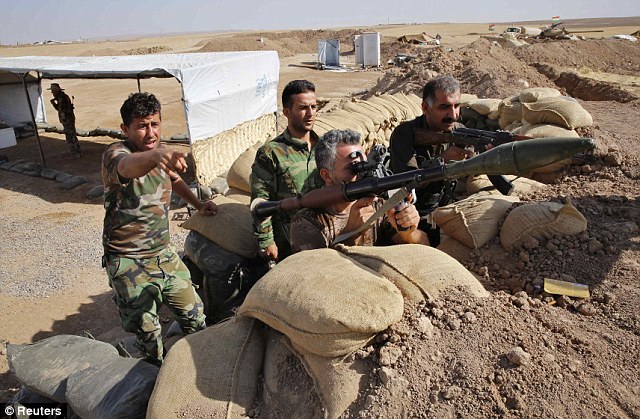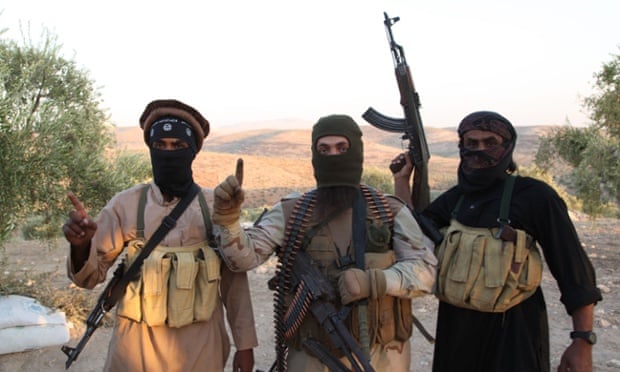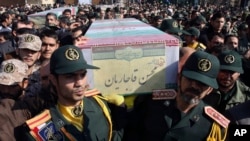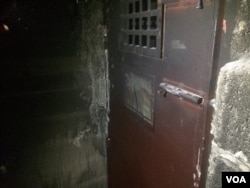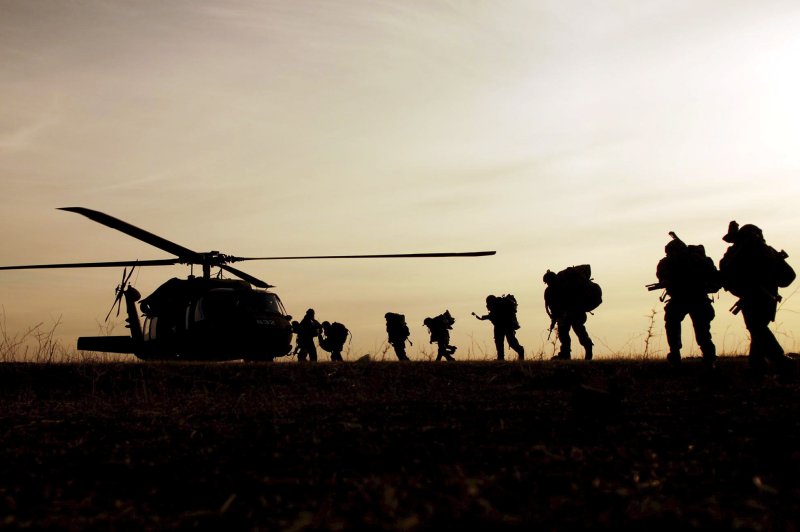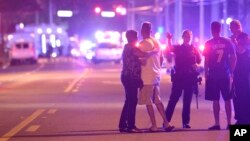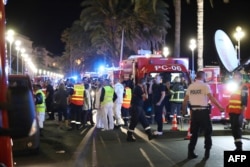cultsmasher
VIP Member
- Banned
- #1
Is there no end to the stupidity of this country? Lately they're talking about bombing ISIS in Syria and arming rebels against the "dictatorship" there. But like in Afganistan, if you arm and train some of these lowlifes, you're going to end up arming and training some enemies. Also, the Syrian government is against ISIS too. And as they say, the enemy of my enemy is my friend.
Besides, the U.S. helped get rid of dictators in Lybia and Iraq. Which made things even worse. Egypt got rid of their dictator. Things didn't turn out well there either. To me, one of the problems is those whose voices really count in this country. Whenever there is conflict, dollar signs pop up in their eyes like in some old cartoon.
Besides, the U.S. helped get rid of dictators in Lybia and Iraq. Which made things even worse. Egypt got rid of their dictator. Things didn't turn out well there either. To me, one of the problems is those whose voices really count in this country. Whenever there is conflict, dollar signs pop up in their eyes like in some old cartoon.
